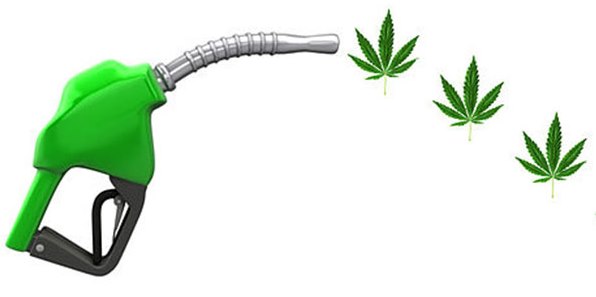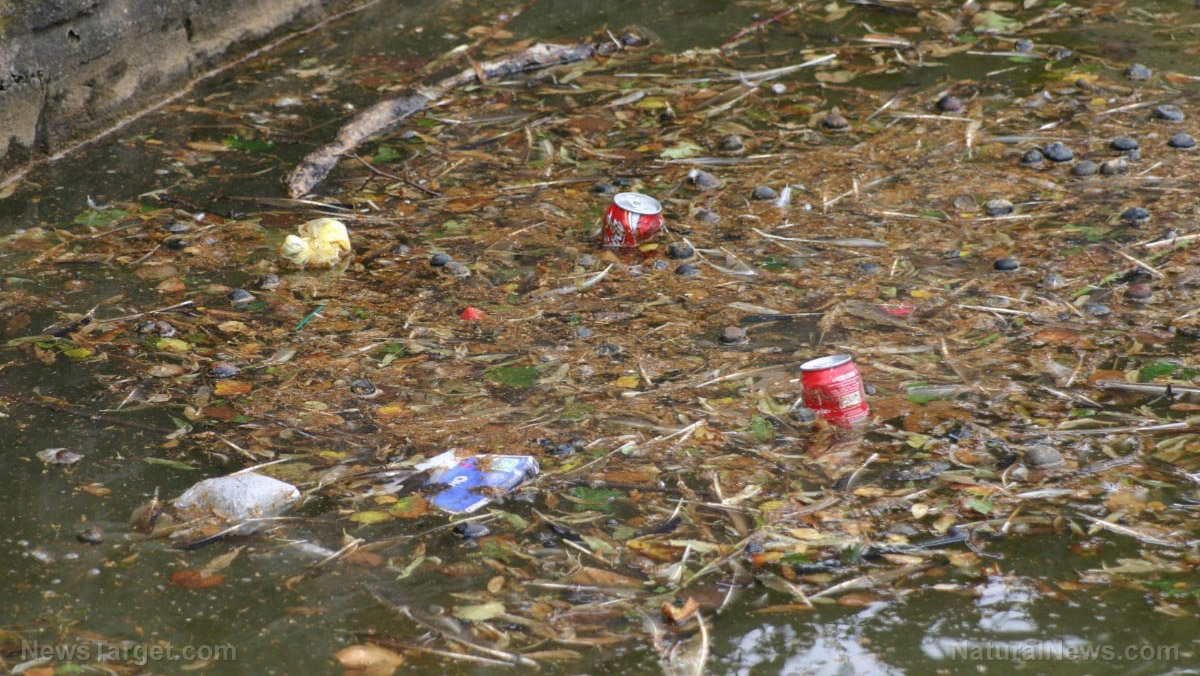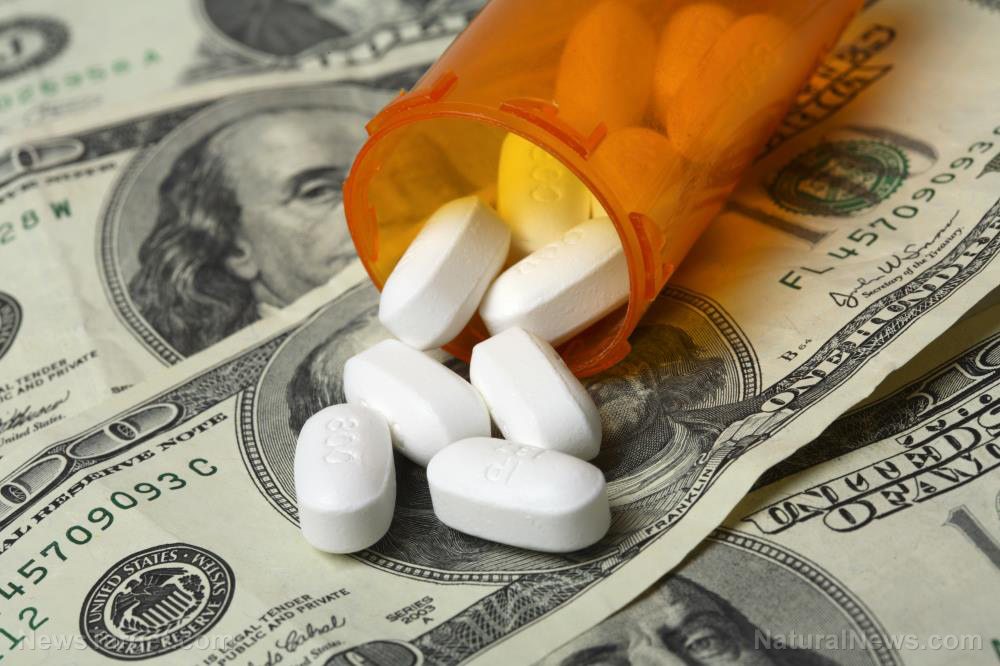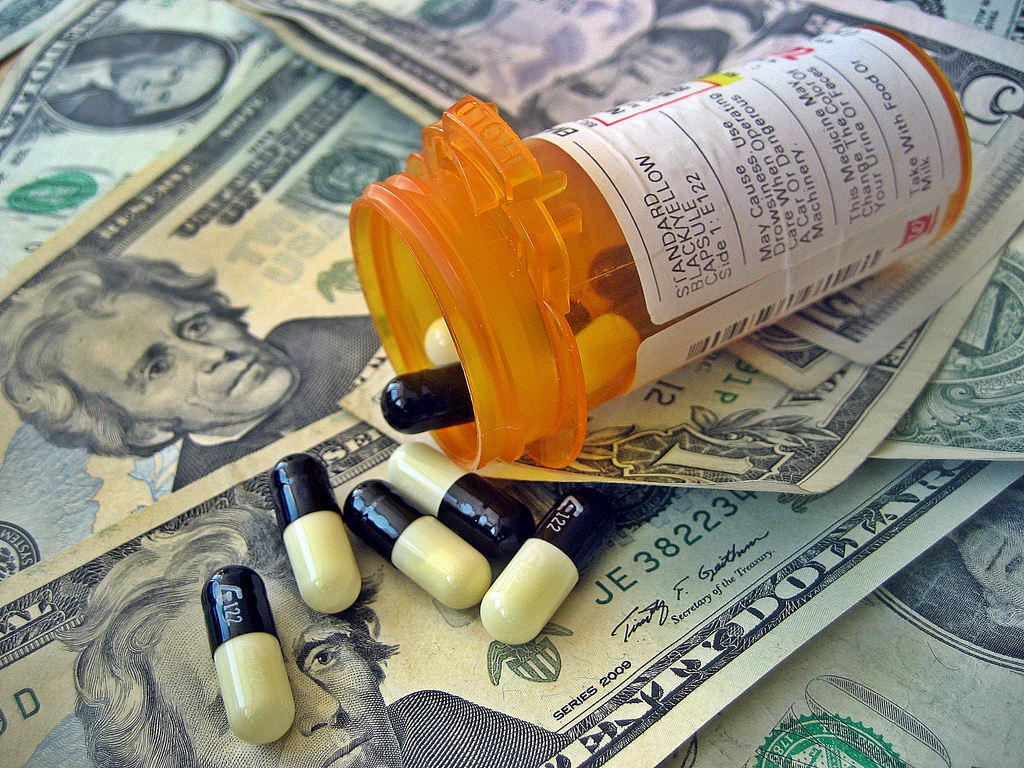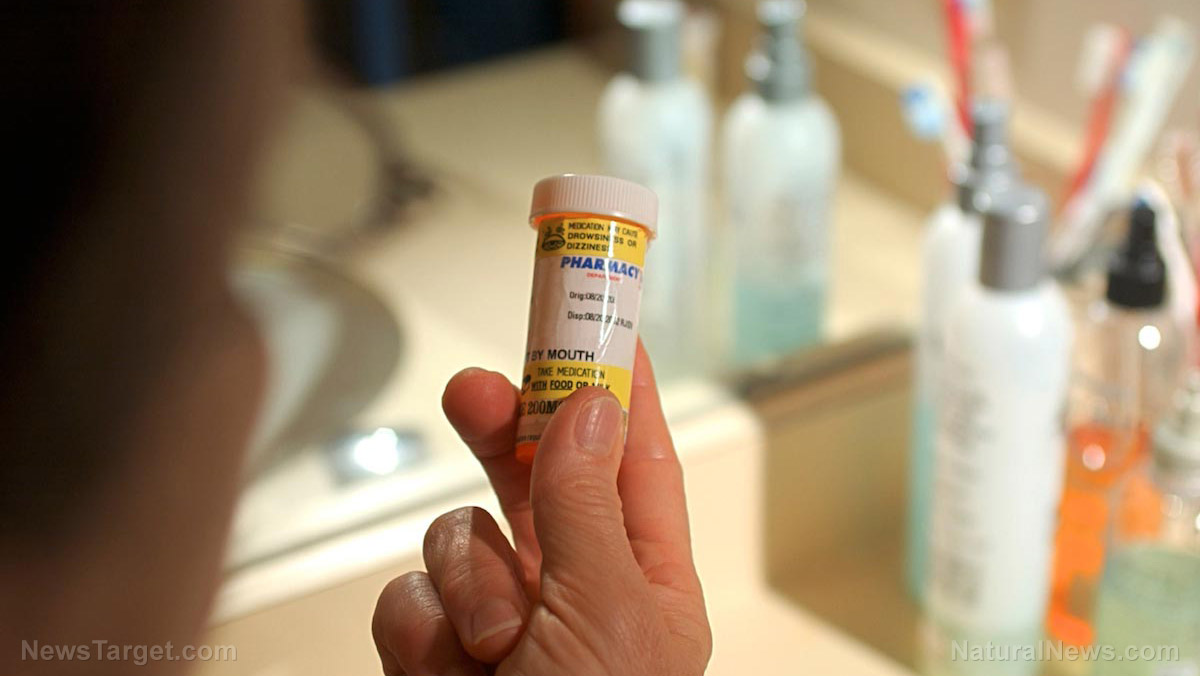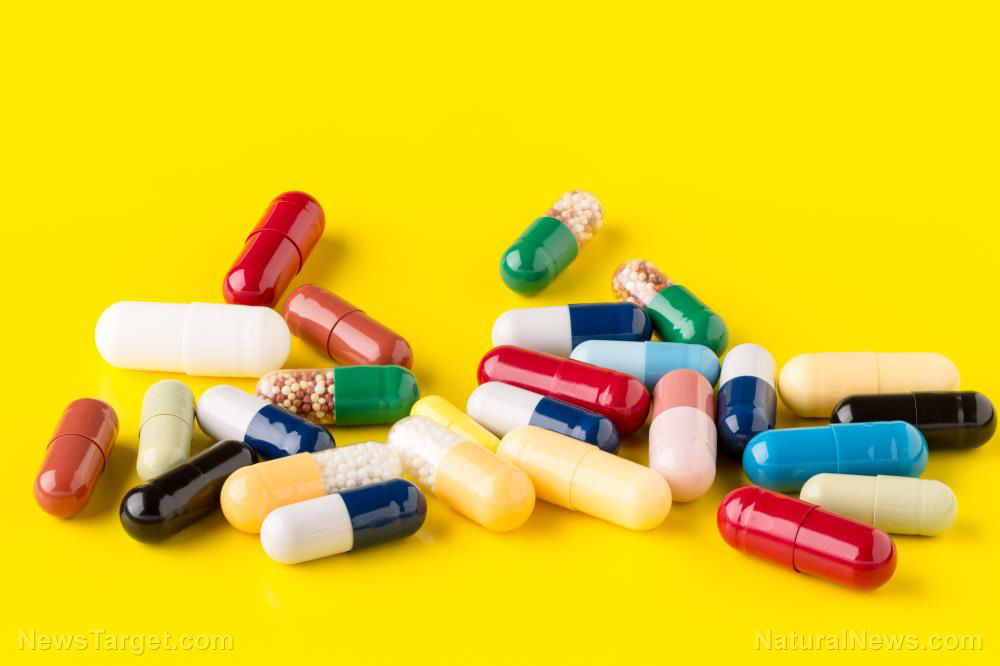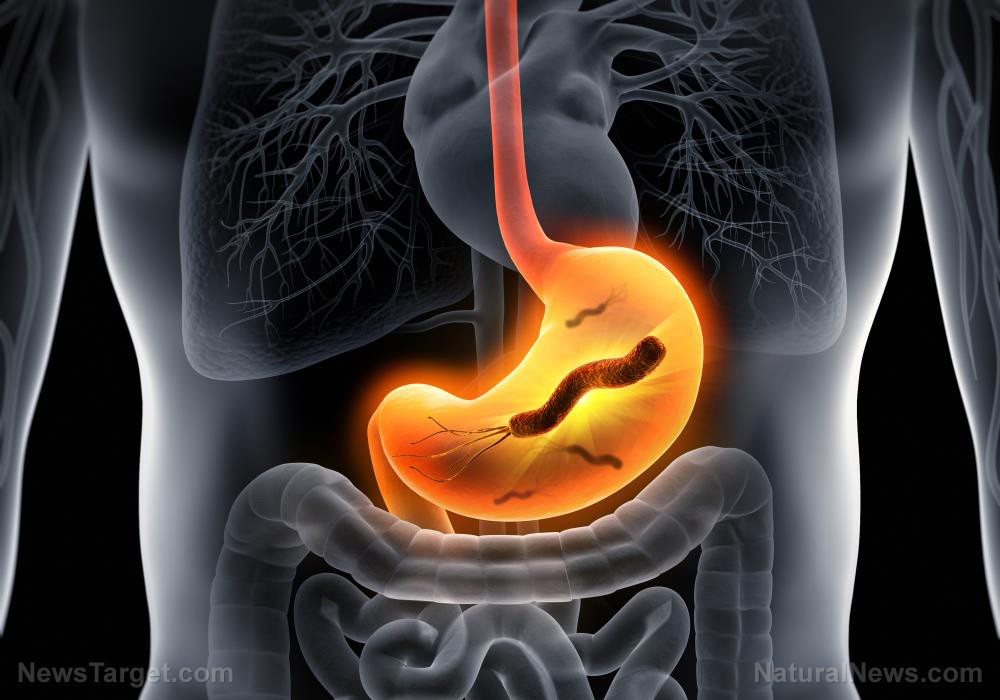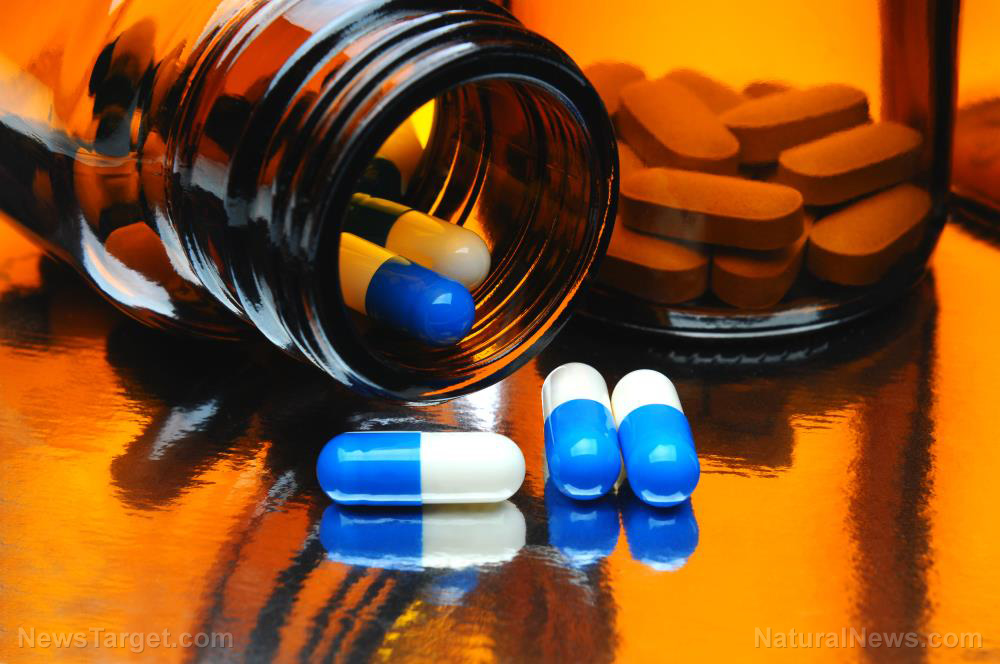Antibiotics raise the risk of kidney stones by almost 30%, study finds
12/10/2018 / By Michelle Simmons
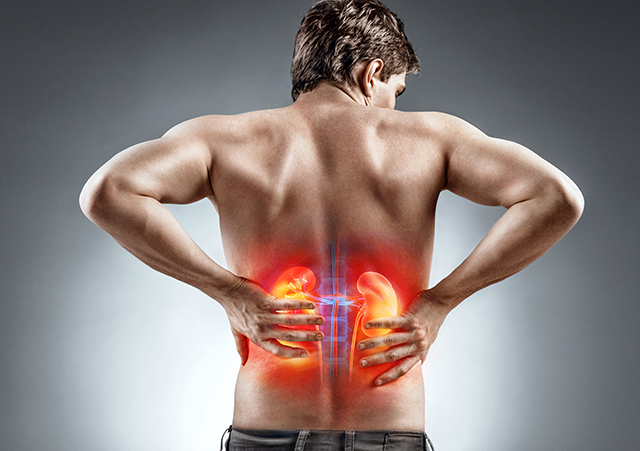
Kidney stones are supposed to be a rare occurrence in children. However, it is now considered an “epidemic” among the young, and that the overall incidence of kidney stones has increased by 70 percent in the past 30 years. A study published in the Journal of the American Society of Nephrology found that the use of antibiotics plays a role in this epidemic, increasing the risk of kidney stones by almost 30 percent.
Kidney stones, also referred to as renal lithiasis, are hard deposits of minerals and salts that form inside the kidneys, blocking the urinary tract. Most kidney stones are made up of calcium and oxalates. They typically pass from the body without incident after a few days, but the process can be painful. Its symptoms include severe pain in the lower back and sides, together with pain in the abdomen, nausea, and vomiting. Having bloody or cloudy urine can also occur. Leaving kidney stones untreated can lead to kidney damage and even potentially life-threatening kidney failure.
The study, which was conducted by researchers at the Children’s Hospital of Philadelphia, found a link between antibiotics, gut health, and the formation of kidney stones. This is alarming because children aged two years old and below are the most frequent recipients of antibiotics.
For the study, the researchers looked at the medical records of adults and children in the U.K. for 21 years, starting from 1994 to 2015. They assessed previous exposure to antibiotics in almost 26,000 patients with kidney stones and then compared them with a record of more than 260,000 control subjects.
Based on their analysis, they found that five classes of antibiotics were associated with a dramatically increased kidney stone risk of up to 27 percent. The classes of antibiotics include oral sulfas, cephalosporins, fluoroquinolones, nitrofurantoin, and broad-spectrum penicillins.
Apparently, the team also found that younger patients who had recently been exposed to antibiotics were at the highest risk. Furthermore, the risk stayed elevated even several years after antibiotic use.
With these findings, the researchers noted that antibiotic prescription practices are a “modifiable risk factor” for kidney stones. A study published in JAMA revealed that fully 30 percent of antibiotics prescribed by medical doctors are inappropriate or unnecessary.
The use of antibiotics increases the risk of kidney stones because it can interrupt the all-important balance of the microbiome, according to studies. A healthy population of good gut bacteria strengthens the immune system, aids in the absorption of nutrients, and promotes clear thinking and stable mood. However, using antibiotics creates an environment that favors the growth of pathogens and kills good gut bacteria. Natural health experts also reported that a single use of antibiotics can disrupt the gut microbiome for up to a full year. When the gut microbiome becomes unbalanced, in which it is dominated by bad gut bacteria, it can create an environment for leaky gut, autoimmune disease, dementia, cancer, and many other health problems.
Researchers from McMaster University in Canada also found that antibiotic administration during labor can negatively affect the gut health of newborn children as well. In particular, they found that it can delay the growth of healthy gut bacteria in newborn infants for up to the first 12 weeks of life. This makes them more prone to illness because the early development of healthy microbiota is critically important to healthy development and lifetime health.
All of these findings indicate that antibiotic use and misuse not only contribute to the epidemic of antibiotic resistance, but also to the increased incidence of kidney stones, especially in children.
Avoiding antibiotic use
One way to avoid antibiotic use is to change your diet. You can do this by avoiding the dairy, sugar, and flour products while adding in a few natural supplements like vitamins, minerals, and herbs. Learning more about natural alternatives to antibiotics can reduce the symptoms, severity, and duration of most common viral and many bacterial infections without having to take antibiotics.
Read PrescriptionDrugs.news for more news about the health risks of pharmaceuticals.
Sources include:
Tagged Under: antibiotic use, Antibiotics, Big Pharma, children's health, disease prevention, kidney health, kidney stones, kidneys, side effects



